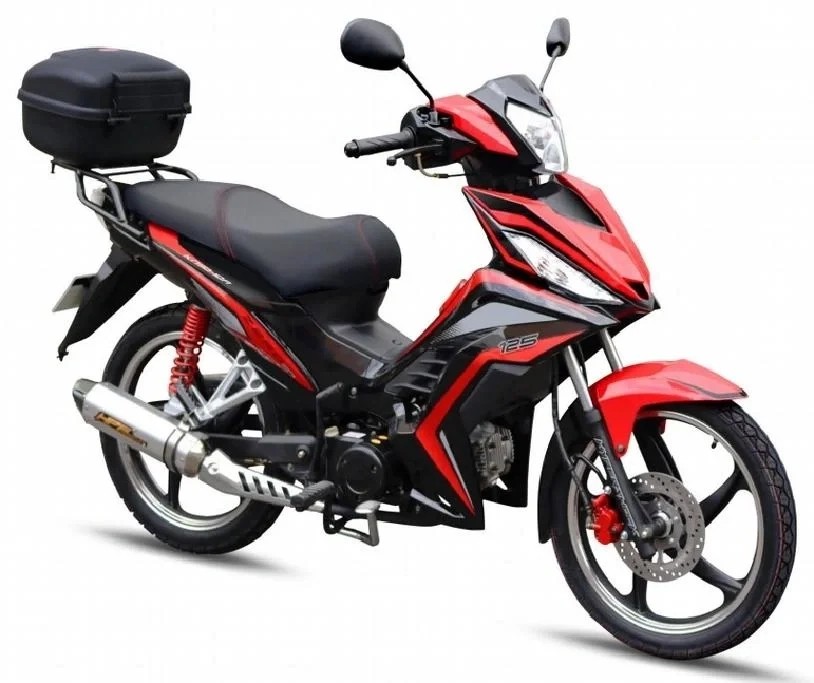Navigating the Road: Choosing the Best Transport Truck for Your Business Needs
4 min readIn the ever-evolving landscape of logistics and transportation, selecting the right transport truck is a pivotal decision that can significantly impact operational efficiency, cost-effectiveness, and overall business success. With a myriad of options available, understanding what constitutes the best transport truck for your specific needs is essential. This article delves into the critical factors to consider, the types of transport trucks available, and how to make an informed decision that aligns with your business objectives.
Understanding Your Transport Needs
Before diving into the specifics of truck types and brands, it’s crucial to assess your transport requirements. Factors such as the nature of the goods being transported, the distance of transportation, and the frequency of deliveries play a significant role in determining the best truck for your operations.
- Type of Cargo: Are you transporting perishable goods, heavy machinery, or general freight? Each type of cargo has unique requirements that dictate the kind of truck you should consider. For instance, refrigerated trucks are essential for transporting food items, while flatbed trucks are ideal for heavy or oversized loads.
- Distance and Terrain: The distance your trucks will travel and the terrain they will navigate are also critical considerations. Long-haul trucks are designed for extended journeys, often featuring enhanced fuel efficiency and comfort for drivers. Conversely, if your routes involve urban areas with tight spaces, a smaller, more maneuverable truck may be necessary.
- Load Capacity: Understanding the weight and volume of your typical loads will help you choose a truck that can handle your needs without exceeding legal weight limits. This consideration is vital for maintaining compliance with transportation regulations and ensuring safety on the road.
Types of Transport Trucks
Once you have a clear understanding of your transport needs, it’s time to explore the various types of transport trucks available in the market:
- Light-Duty Trucks: Ideal for local deliveries and smaller loads, light-duty trucks (such as pickups and vans) offer versatility and ease of use. They are perfect for businesses that require frequent stops and quick turnarounds.
- Medium-Duty Trucks: These trucks are suitable for a range of applications, including regional deliveries and construction work. They typically have a higher payload capacity than light-duty trucks and can handle more substantial loads.
- Heavy-Duty Trucks: Designed for long-haul transportation, heavy-duty trucks are built to carry large loads over long distances. They often feature advanced technology for fuel efficiency and driver comfort, making them a popular choice for logistics companies.
- Specialized Trucks: Depending on your industry, you may require specialized trucks such as tankers for liquids, refrigerated trucks for perishables, or flatbeds for oversized cargo. These trucks are tailored to meet specific transport needs and often come with unique features.
Key Features to Look For
When evaluating potential transport trucks, several key features can enhance your operational efficiency and reduce costs:
- Fuel Efficiency: With fuel costs being a significant expense in transportation, selecting a truck with high fuel efficiency can lead to substantial savings over time. Look for trucks equipped with advanced engines and aerodynamics designed to minimize fuel consumption.
- Safety Features: Modern transport trucks come equipped with a range of safety features, including anti-lock braking systems (ABS), electronic stability control (ESC), and advanced driver-assistance systems (ADAS). These features not only protect your drivers but also reduce the risk of accidents and liability.
- Maintenance and Reliability: The reliability of a truck is paramount for minimizing downtime and ensuring timely deliveries. Research the maintenance history and reliability ratings of different truck models to make an informed choice.
- Technology Integration: In today’s digital age, trucks equipped with telematics systems can provide real-time data on vehicle performance, location tracking, and driver behavior. This information can help optimize routes, improve fuel efficiency, and enhance overall fleet management.
Making the Right Choice
Choosing the best transport truck for your business is not a one-size-fits-all decision. It requires a thorough understanding of your operational needs, an evaluation of the available options, and a consideration of the long-term implications of your choice.
- Conduct a Cost-Benefit Analysis: Weigh the initial purchase price against potential savings in fuel, maintenance, and operational efficiency. Sometimes, investing in a more expensive, fuel-efficient model can yield greater savings in the long run.
- Test Drive and Evaluate: If possible, arrange for test drives of the trucks you are considering. This hands-on experience can provide valuable insights into the truck’s handling, comfort, and overall suitability for your needs.
- Consult Industry Experts: Engaging with industry experts or consulting firms can provide additional perspectives and recommendations tailored to your specific business context.
Conclusion
In conclusion, the best transport truck for your business is one that aligns with your operational needs, budget, and long-term goals. By carefully assessing your requirements, exploring the various types of trucks available, and considering key features, you can make an informed decision that enhances your logistics operations. Remember, investing time and resources into selecting the right transport truck is an investment in the future success of your business.


